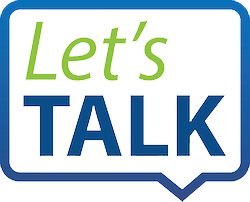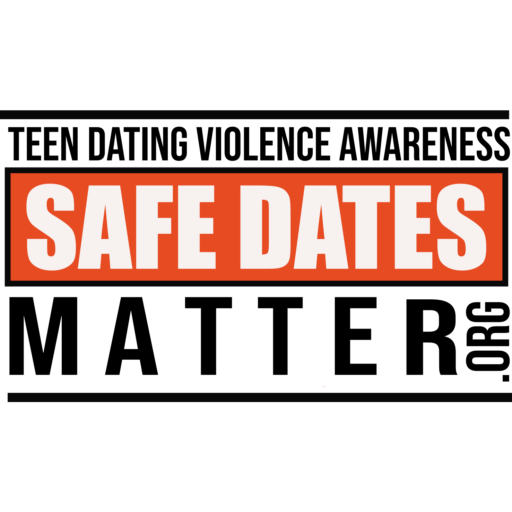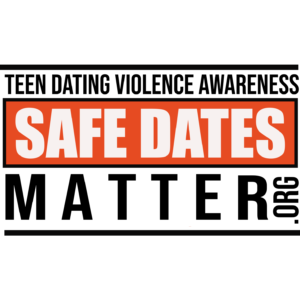
 Understand What Dating Abuse Is
Understand What Dating Abuse Is
Dating abuse is defined as the physical, sexual, psychological, or emotional violence within a dating relationship, including stalking. It can occur in person or electronically, and might occur between a current or former dating partner. Unhealthy relationships can start early and last a lifetime. Teens often think some behaviors, like teasing and name-calling, are a “normal” part of a relationship. However, these behaviors can become abusive and develop into more serious forms of violence. (Centers for Disease Control and Prevention, 2017)
- “No one knows what I am going through.”
- “I’m lucky to have a someone.”
- “I am all alone.”
- “You wouldn’t understand. I love this person and they love me in their own way.”
- “I’m not being abused, that only happens to older people.”
- “They are sorry when they hurt me.”
- “I don’t have bruises so I am not being abused.”
- “I’m afraid and I don’t know what to do.”
“Hmm. I’m in an abusive relationship. What do I do?”
Understanding your relationship is the first step to take. This website provides a lot of information that can help you determine if your relationship is healthy or unhealthy.
If your relationship is unhealthy and abusive, understand that what is happening is not your fault. Your partner will try to make you believe that it is your fault. They do this so they can continue to control and have power over you.
There Are Various Things You Can Do
Talking to someone can help you work through your questions and concerns. There is a Safe Journey teen counselor advocate who can help you. You’re in a relationship because you care very deeply for your partner. Abuse is not love no matter what excuses are given. No one deserves to be abused.
As you look at your relationship, think about some of these questions.
- Am I really happy?
- Have I had to change who I am to please them?
- Do I get to do the things that I like to do? Am I nervous about being around certain people? Have I lost friends? Am I able to do what I want, when I want?
- What do you see you as your future with this person?
- Will it get better? Will they change?
- In order to please my partner, am I expected to change the way I act and talk, quit an activity that I enjoy, stop hanging out with my friends, and quit wearing the clothes I like? Do I feel pressured to take the relationship to the next level?
“So, what should I do?” “Is this abuse?” “Will he ever change?” “How can I get her to stop?”
These questions can help you decide what you want to do. You deserve to be happy. You deserve a loving and respecting relationship. You deserve not to change yourself to make someone happy. You deserve to be someone who is loving, fun, equal, and free to be who you are.
If you have realized you are in an abusive relationship and you are thinking about breaking up, there is help available to work you through this process.

If You Decide to Stay
If you decide to stay, make sure you are honest about your relationship. You may think through time the relationship will change and get better. It is unrealistic to “fix” an abusive relationship. Remember, you have no control over another person or their behaviors. You can only change your own behavior — not your partner’s.
Breaking up with someone who’s abusive can be really hard, especially if you care deeply about them. The end of a relationship is a loss, and it is normal to feel sad and miss your partner. Remind yourself about what is happening in this relationship and why you are breaking up. It’s important to know what’s best for you.
Ending an unhealthy or abusive relationship is not like ending a healthy one. Most likely your abusive partner may not accept the breakup or respect your boundaries. They will try to talk you out of breaking up with them. They will use ways to control you through guilt trips, threats, or insults. They may threaten to hurt you, themselves, or someone else. If this happens, tell an adult you trust right away. It’s important to think about your safety. Tell your parents or friends or call your Safe Journey teen counselor advocate for help.
An abusive partner will say that you caused the abuse and it was your fault that they abused you. This is NOT true. Abusers choose to abuse. There is nothing in your relationship that you did to cause someone to abuse you. No one asks to be abused; the abuser chose to abuse you. Everyone chooses how to respond to other people’s actions, and abuse is never an appropriate response.
All breakups are difficult but abusive relationship are even more difficult. Ending an abusive relationship can also put you in danger. Just know that you deserve to make choices that are good for you. It’s OK that your partner doesn’t agree with you, but you have the right to do what is best for yourself.
“I’m so scared to break up.”
“What will people say? Will I lose my friends”
“I’m don’t have the strength to break up.”
Ending the Relationship
Just because an unhealthy or abusive relationship is over, doesn’t mean the risk of violence is over, too. Use these tips to stay safe after ending your relationship:
- When you end the relationship, avoid being alone with your partner. Try doing this in a place where other people are present. You don’t want to be alone and give your abuser an opportunity to further abuse you. Your safety is very important.
- If you do meet in person, have friends or your parents wait nearby. Make sure that you have a cellphone with you as well.
- If you don’t feel safe, it’s OK not to break up in person. You can break up over the phone, by email, or by text. This may be the safest way for you.
- Do not let them into your house or car while you are alone.
- Avoid being alone with them at school, at work, or on your way to and from other places.
- Vary the routes and times you travel to and from home, school, or work.
- Tell someone where you are going and when you plan to be back.
- If you’re alone with your partner, make sure that someone knows where you are and when you’ll return.
- You may be scared to end your relationship. If you are, take that fear seriously.
- Plan and rehearse what you would do if your partner confronted you or become abusive. HAVE A SAFETY PLAN!
- Abusers are not going accept any reasons you have for ending the relationship. There is nothing you can say that will make them understand or be happy.
- Let your friends and parents know you are ending your relationship. This will help them keep an eye out and help you if your partner comes to the house or approaches you at a school or follows you going home, to work, or to school. Make sure you are not alone if they try to confront you.
- If your partner does come to your house when you’re alone, don’t go to the door.
- Trust yourself. If you feel afraid, you probably have a good reason.
After Breaking Up
- Talk with your friends and family so they can support you.
- If you can, tell your parents what’s going on, especially if your ex may come by your home.
- Talk to a school counselor or teacher you trust. Together, you can alert security, adjust your class schedule, or find other ways to help you feel safer.
- Avoid isolated areas at school and local hangouts. Don’t walk alone or wear earphones.
- Keep friends or family close by when attending parties or events you think your ex might attend.
- Save any threatening or harassing messages your ex sends. Set your profile to private on social networking sites and ask friends to do the same.
- Memorize important numbers in case you don’t have access to your cellphone.
- If you’re in immediate danger, call 911.





